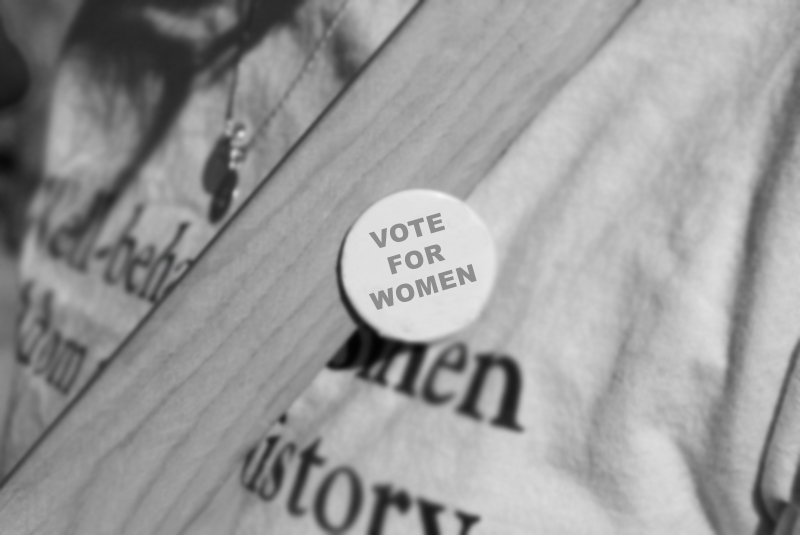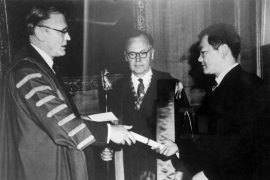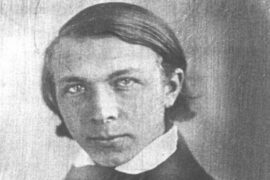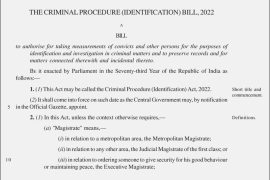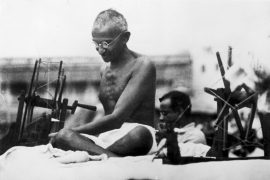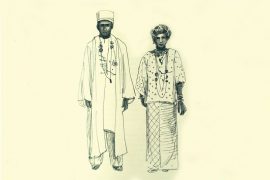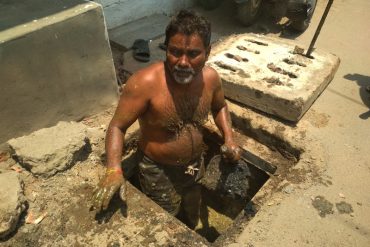1989. Five years after India’s first woman prime minister was shot and killed by her own bodyguards, a woman in Tamil Nadu was attacked and nearly disrobed by ruling party members. The attack did not take place in the streets but in the state’s Legislative Assembly.
The woman, then Leader of the Opposition, J. Jayalalithaa, vowed never to return until “until conditions are created under which a woman may attend the Assembly safely”. Two years later, she became the state’s Chief Minister and was re-elected to the post six times in her career.
That same decade, a woman leader from Uttar Pradesh (UP) became the youngest Chief Minister of the country’s most populous state. Mayawati Prabhu Das, a Dalit woman leader, after staging a political coup that would see her take the reins of power with a ‘floor test’, was faced with a mob of 200 party workers from her opposition. She was locked in her room in a guesthouse and humiliated. It was utter mayhem as legislators from the opposing political party cut off the water and power supply, rampaged through the guest state guest house, banging on Mayawati’s door shouting vicious caste abuse. Her then coalition partner, the BJP, took credit for helping her escape. After that dramatic escape, Mayawati has been the Chief Minister of UP on four occasions.
But when the political alliances turned a decade later, a BJP party chief, Keshav Maurya, wished she had been more grateful for not being assaulted or raped.
Copyright©Madras Courier, All Rights Reserved. You may share using our article tools. Please don't cut articles from madrascourier.com and redistribute by email, post to the web, mobile phone or social media.Please send in your feed back and comments to [email protected]

